University of Porto, Portugal (UPORTO)
UPorto is 2nd largest university and one of the most prestigious teaching and research institutions in Portugal, with about 30,000 students. More specifically, the Faculty of Psychology and Education Sciences is a reference in training and research in Psychology and Education in Portugal. Its teaching and research staff of about 120 offers high quality graduate and postgraduate programmes, attended by over 2000 students. In recent years, FPCEUP has participated in more than 80 national and international funded projects.
Key-Players
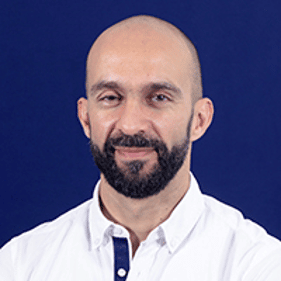
Tiago Neves is Associate Professor at the Faculty of Psychology and Education Sciences of the University of Porto (FPCEUP), and a researcher at the Centre for Educational Research and Intervention (CIIE-UP). His main research interests are the relationship between socioeconomic inequalities and academic performance, and civic and political participation. He has extensive participation in national and European research projects, using both qualitative and quantitative methods. He has a significant publication track record, having (co-)authored books, book chapters and articles. Website: https://www.fpce.up.pt/ciie/?q=en/researchers/tiago-neves-0
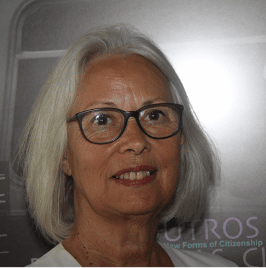
Fernanda P. Rodrigues has a PhD in Social Work: Social Work, Social Policies and Social Movements from the Catholic University of São Paulo, Brazil. She is a Visiting Professor at the Portuguese Catholic University, Affiliate Professor and researcher at the Research Center in Education and Intervention at the Faculty of Psychology and Education at the University of Porto. Her research interests are on social policy, social assistance, poverty and local developement. She has published many articles and books. She has experience in the domain of monitoring and assessment of public policies programmes and projects.
Website: https://www.fpce.up.pt/ciie/?q=en/researchers/fernanda-rodrigues-0
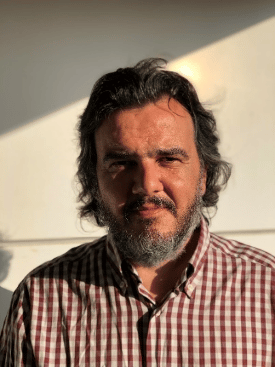
José Pedro Amorim is Assistant Professor at the Faculty of Psychology and Education Sciences of the University of Porto (FPCEUP), researcher at the Centre for Educational Research and Intervention (CIIE), and member of the board of the Paulo Freire Institute of Portugal. His main areas of interest are adult education, university social responsibility, among others. He has participated in several European (EU-USR, UNIBILITY, HE4u2, CertSRA/ESSA, YOUNG ADULLLT, SOLVINC and PODER) and national funded projects (EDUPLACES, Education for Development in Public HE in Portugal). He is founding member of Arco Maior Association (which runs a socio-educative project for youth “at risk”), member of the Editorial Board of the Adult Learner Journal (Ireland), and advisor to APEFA – the Portuguese Association for the Education and Training of Adults. Website: http://www.fpce.up.pt/ciie/?q=researchers/josé-pedro-amorim
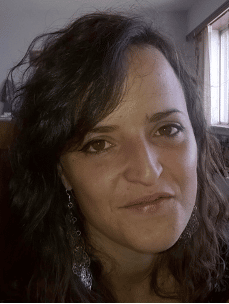
Carla Malafaia is postdoctoral researcher at the Faculty of Psychology and Education Sciences of the University of Porto. She holds a European PhD in Education Sciences and has been actively involved in more than 10 national and large-scale international projects. She currently leads the Portuguese study of an H2020 ERC-funded project and she coordinates the University of Porto’s team in an FCT-funded project. Her research interests include democratic practices of youth groups, citizenship and political education, visual politicization, educational and political inequalities. Website: https://www.fpce.up.pt/ciie/?q=researchers/carla-malafaia
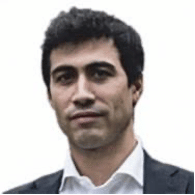
Gil Nata currently holds a research position at University of Porto (Faculty of Psychology and Education Sciences), awarded by the Portuguese Science Foundation. He is a full member of the Centre for Research and Intervention in Education (CIIE-UP). He has graduated in Psychology in 2000 and finished his PhD in Political Psychology in 2008. He has collaborated in several national and international projects and currently heads the research project “Equity through PISA: results and discourses”, financed by the Portuguese Science Foundation. His research interests focus on sociology of education, namely the relation between education and socioeconomic inequalities, as well as on political and community psychology, particularly the civic and political participation of socially excluded people and cultural minorities’ rights.
Website: https://www.fpce.up.pt/ciie/?q=en/researchers/gil-nata-0
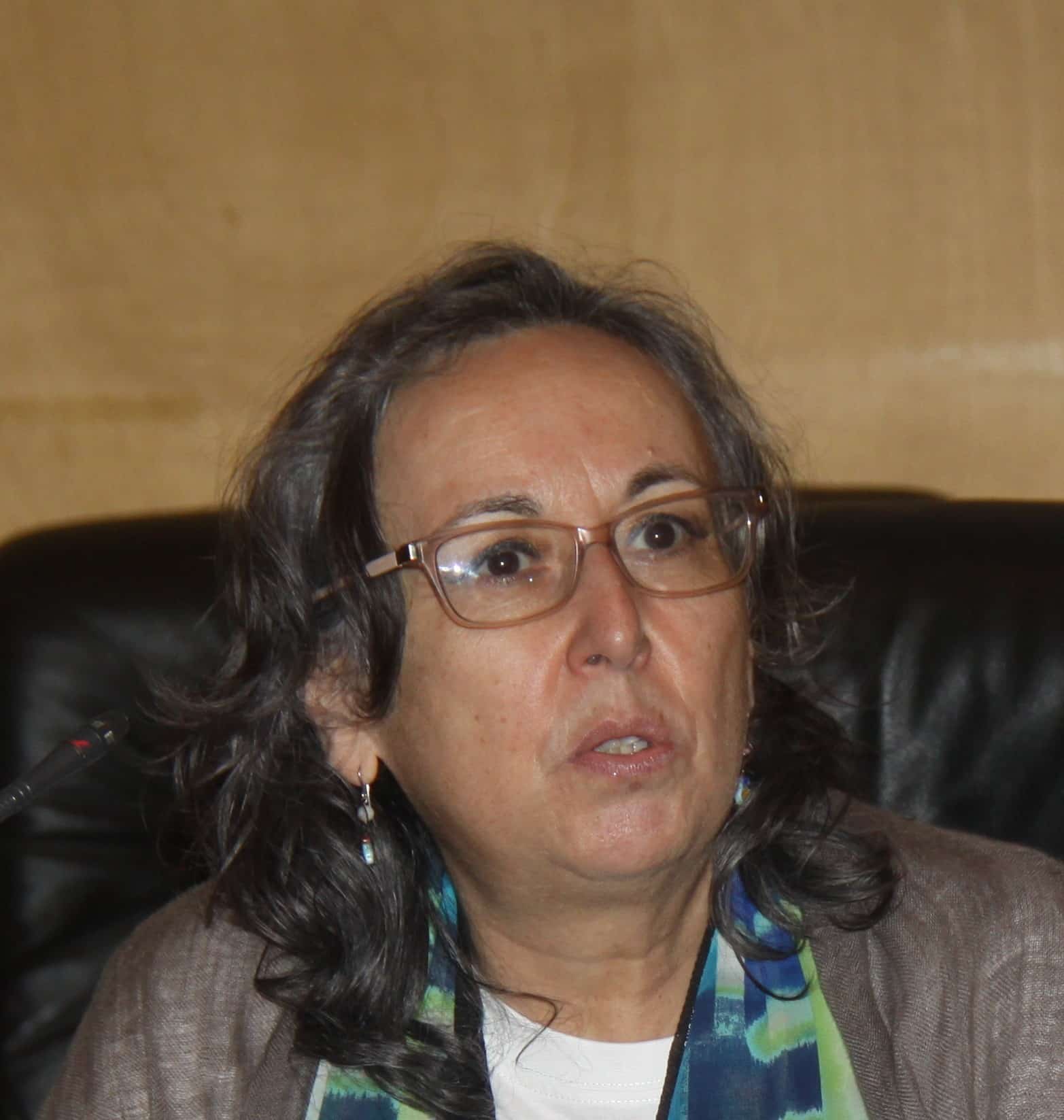
Isabel Menezes has a PhD degree in Psychology and a habilitation in Educational Sciences from the University of Porto, where she is a Professor in the Department of Educational Sciences and a researcher CIIE. Her research deals with the civic and political participation of children, young people and adults, with a special interest in groups at risk of exclusion. The main goal is to explore if and how formal and non-formal education (including artistic) experiences can generate more complex ways of relationship with the political. She coordinated several funded inter/national research projects and is currently the President of SPCE-Portuguese Educational Research Association.

Hélder Ferraz has a PhD in Educational Sciences from the Faculty of Psychology and Education Sciences of the University of Porto and is a researcher at the Centre for Educational Research and Intervention (CIIE). In recent years, he was a researcher at CASO50+, a postdoctoral researcher at the Faculty of Pharmacy of the University of Porto and has been involved in European projects (SINCALA and BestCare4LGBTQI+) and in national funded projects (CAOP – Climate Adaptation for Older People Living in Vulnerable Urban Areas and EducHate). His research interests are related to educational policies, particularly the phenomena of social and school exclusion. He also has experience in working with vulnerable populations and in schools.
Website: https://www.fpce.up.pt/ciie/?q=researchers/h%C3%A9lder-ferraz
Contribution to the Project
UPORTO brings to CLEAR an extensive research experience, a pluridisciplinary team (Education, Psychology, Social Work) and proficiency in both qualitative and quantitative methods.
